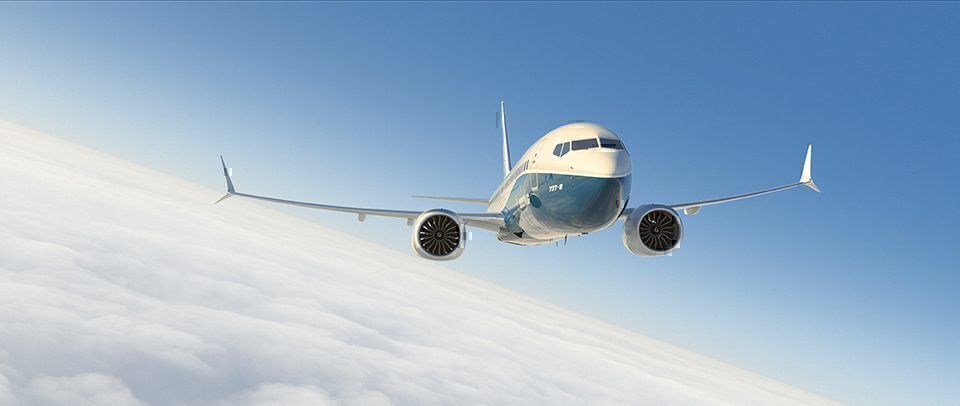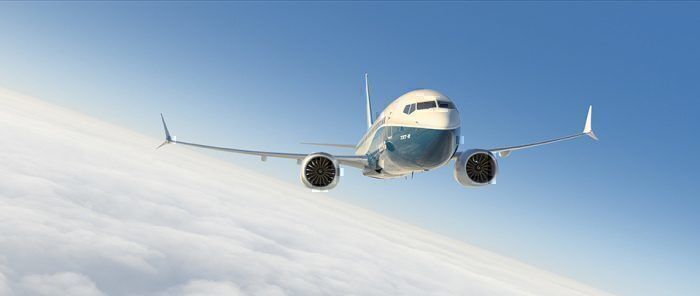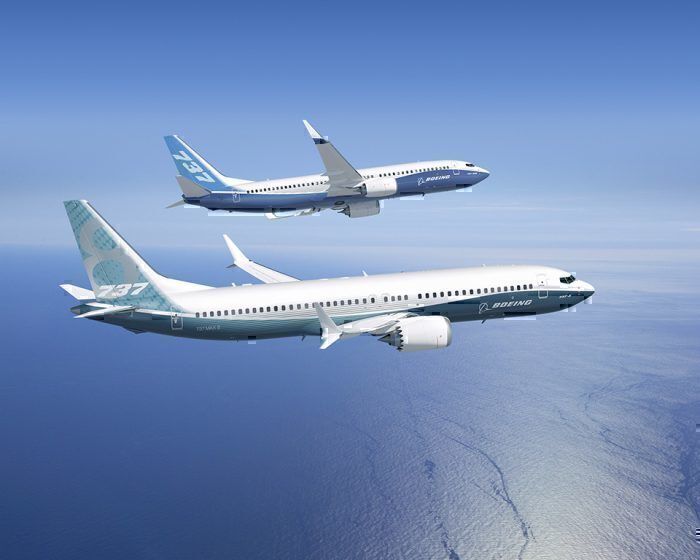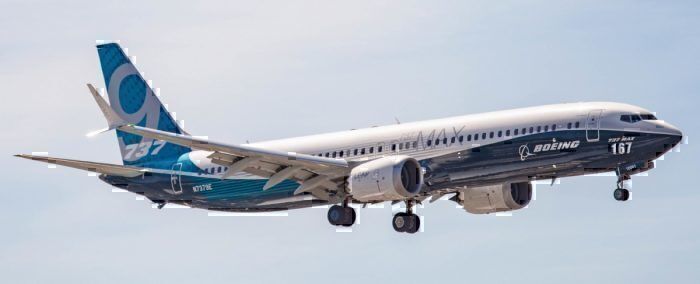The Boeing 737 MAX is currently undergoing one of the longest and most through FAA examinations of all time. Experts are combing through every nut, bolt, and sub-system to evaluate the safety of the aircraft. Thus, should passengers be worried about the aircraft when it is eventually recertified? Or should they declare never to fly on the type again?
Problems with the Boeing 737 MAX
The Boeing 737 MAX aircraft has had a troubled history so far. Introduced back in 2008 as a rival to the Airbus A320neo series, the type has always been an aircraft of compromise.
Boeing incorporated the latest technology into a design some say was 'perfected' back in the 1960s. However, the basic 737 design that has not been updated since then, and therefore has not taken into account increases in engine design, weight issues or the 'case-in-point' aerodynamics of a modern aircraft.
Thus Boeing found a shortcut. Simply put, instead of just redesigning the aircraft from the ground up, Boeing used software to compensate for flaws in the aerodynamics of the airframe caused by engines that were just too big for the frame. This software, if fed the wrong sensor information, could result in the auto-pilot yanking away control from the pilots and causing the aircraft to rapidly descend.
This situation occurred twice, plunging two Boeing 737 MAXs in Indonesia and Africa to crash, killing all on board.
The aircraft was subsequently grounded and now is under heavy scrutiny by the FAA and authorities from multiple countries.
How is the aircraft type being re-certified?
The aircraft is currently being examined by multiple national aerospace government agencies as part of the IATA investigation. Some are:
- The US FAA, who are under the most pressure to not only redeem themselves (they originally approved the aircraft) and to get the Boeing MAX series back up in the air for their homegrown manufacturer.
- Transport Canada and European Aviation Safety Agency (EASA) have both said they will examine the 737 MAX separately, rather than just rely on the FAA findings.
- The Civil Aviation Authority of Singapore, whose approval is critical to get the aircraft to fly in South East Asia.
- Indonesia's Directorate General of Civil Aviation and Ethiopian Civil Aviation Authority, both of whom clearly have a vested interest in the investigations.
- And many others representing different airspaces and airlines around the world.
These agencies are routinely meeting to compare notes and discuss next steps. Part of the complication is that once Boeing has found a fix, they will need to roll it out and test it with every airline that operates the type.
“The Boeing 737 MAX tragedies weigh heavily on an industry that holds safety as its top priority. We trust the Federal Aviation Administration, in its role as the certifying regulator, to ensure the aircraft’s safe return to service. And we respect the duty of regulators around the world to make independent decisions on FAA’s recommendations,” said Alexandre de Juniac, IATA’s Director General and CEO.
Should you fly on the Boeing 737 MAX?
Once the Boeing 737 MAX is recertified (which it will be, as there is too much money invested in the series), should you fly on it?
The aircraft is being examined so rigorously by so many agencies that it is almost impossible that there will be another crash due to the MCAS. Passengers could take confidence that independent organizations, well outside the influence of Boeing or the FAA, have looked over every part of the aircraft and are satisfied with its safety. Plus, now every Boeing 737 MAX pilot is aware of the issue and knows how to avoid it in the future.
Additionally, it's worth mentioning that the Boeing 737 MAX 10, the largest variant, actually does have slightly different aerodynamics than the other models. Thus passengers could take comfort knowing that this type is unlikely to suffer from the same problem.
What do you think? Will you fly on the Boeing 737 MAX when it is recertified?




